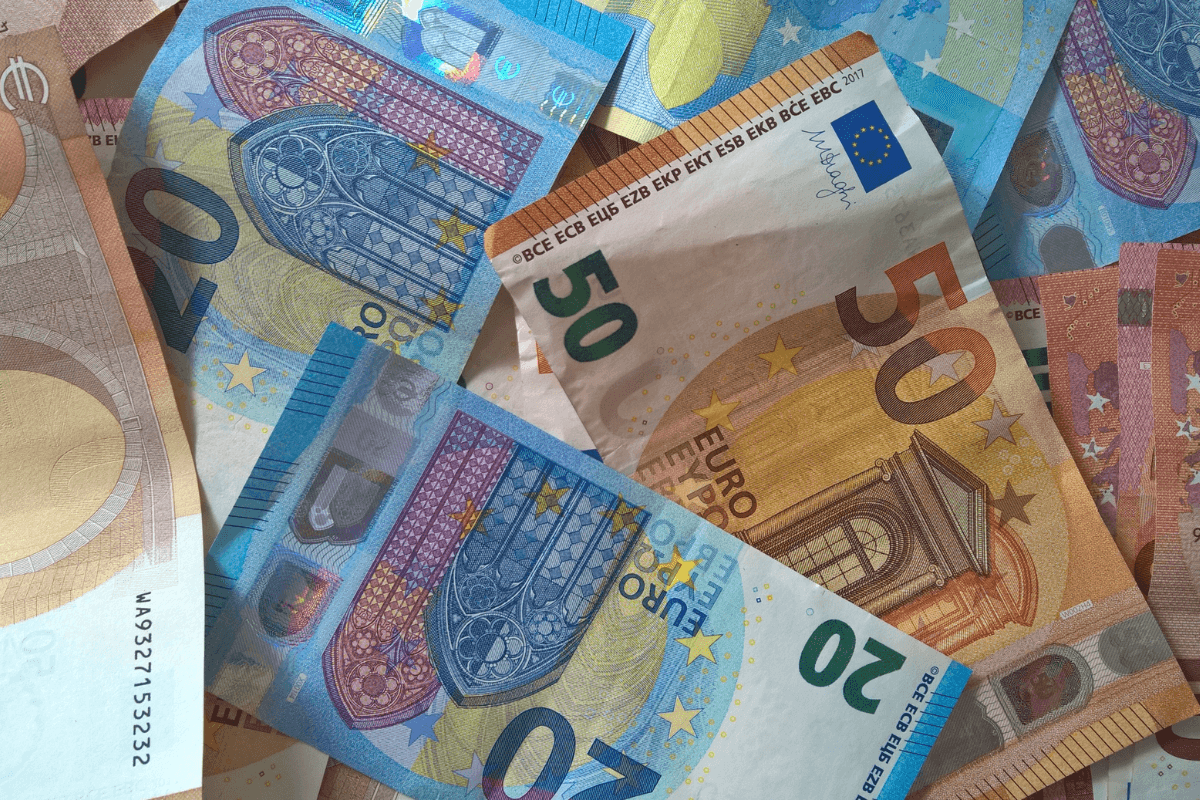Money talks, but it’s got a whole lot of nicknames too.
Whether you’re saving your pennies or splashing out on a big purchase, the way we talk about money can say a lot about us.
From the classic “bucks” to the playful “dough,” every term has its own flavor and story.
In this article, we’re going to explore the colorful and sometimes quirky slang we use for money.
So, grab your “wallet,” “purse,” or whatever you stash your cash in, and let’s take a fun journey through the lingo of the almighty dollar.
Who knows?
You might just find your new favorite way to talk about your hard-earned cash.
Let’s get started!

Assets
Valuable items or resources owned by an individual or organization, often used to refer to money or wealth in general.
Bank
Not just the place where money is stored, but also used to refer to a large amount of money.
Benjamins
Refers specifically to US $100 bills, which feature Benjamin Franklin’s portrait.
Bills
Common term for paper money, especially in the United States.
Brass
In Northern England, ‘brass’ is slang for money.
Bread
A popular slang term for money.
Bucks
Widely used slang for dollars in the United States.
Cabbage
Used to refer to money in a humorous or light-hearted manner, possibly due to its green color.
Cash
The most direct term for money in physical form, such as bills and coins.
Capital
Refers to wealth in the form of money or other assets owned by a person or organization.
Cheddar
Slang for money, implying wealth or earnings.
Clams
Another playful term for money, origins unclear but adds to the rich tapestry of slang.
Coin(s)
Refers to metal money, but can also be used to talk about money in general.
Copper
Refers to low denomination coins, named after the metal they were historically made from.
Dinero
Spanish for money, widely adopted into English slang.
Dosh
UK slang for money, often used in casual conversation.
Dough
Another common slang term for money, evoking the idea of something that can be kneaded and grown.
Euros
The official currency of the eurozone, often used in slang to refer to money in countries where it is used.
Filthy lucre
A biblical term that has come to mean money, especially when referring to it in a negative or corrupt context.
Funds
Refers to a sum of money saved or made available for a particular purpose.
G’s
Short for “thousands,” referring to large sums of money.
Gold
Historically valuable metal used as currency and symbolic of wealth.
Green
Refers to the color of American currency, commonly used to talk about money.
Greenbacks
Specifically refers to U.S. paper money, originally named for the green ink used on the back.
Guap
A large amount of money; often implies wealth or affluence.
Lettuce
A playful term for money, likening its green color to that of lettuce leaves.
Lucre
Money or profits, often used to convey a sense of gain obtained dishonorably.
Moolah
A fun and informal term for money.
Nuggets
Gold nuggets, used historically during gold rushes, now a colloquial term for money.
Paper
Refers to paper bills or currency.
Pounds
The official currency of the United Kingdom, also used informally to refer to money.
Quids (UK)
British slang for pounds sterling, often used in the singular form “quid.”
Resources
Often refers to available assets or money.
Riches
Refers to great wealth or valuable possessions.
Scratch
Informal term for money, implying it’s been earned through hard work.
Shekels
An ancient currency still used in modern Israel, colloquially used to refer to money.
Simoleons
A fanciful, old-timey term for dollars or money.
Silver
Like gold, silver has been used as currency and symbolizes money.
Spondoolicks
An old-fashioned, humorous term for money or cash.
Stash
Refers to a hidden or stored collection of money or valuables.
Sterling
Refers to the British pound sterling, the official currency of the United Kingdom.
Tender
Legal tender refers to money that is legally recognized for the settlement of debts.
Wad
A bundle of paper money, often implying a large amount.
Wonga (UK slang)
A British slang term for money.
Wealth
Refers to an abundance of valuable possessions or money.
Yen
The official currency of Japan, sometimes used in English to express a strong desire or craving.
Zig Zag
While primarily known as a brand of rolling papers, it’s occasionally used in slang to refer to money, likely due to the association with cost and spending.
And that wraps up our little adventure into the world of money slang.
From the classic “bucks” to the more whimsical “wonga,” it’s clear that our relationship with money isn’t just transactional—it’s personal.
These terms add a dash of color to our daily financial dealings, whether we’re saving up our “dough” or splurging on a treat.
They remind us that even in the serious world of finance, there’s room for creativity and fun.
So next time you’re counting your “greenbacks” or budgeting your “quids,” remember the rich tapestry of language that surrounds our cash, coins, and cards.
Money might make the world go ’round, but it’s the slang that keeps the ride interesting.

